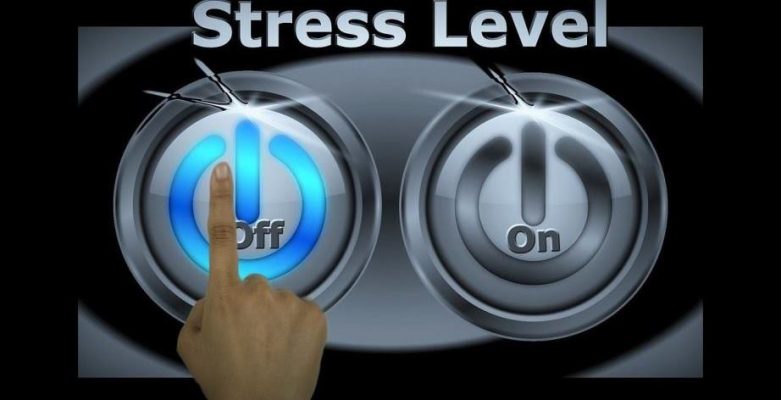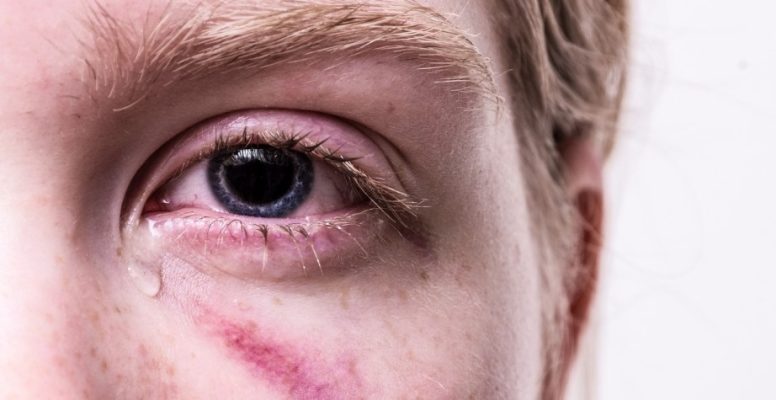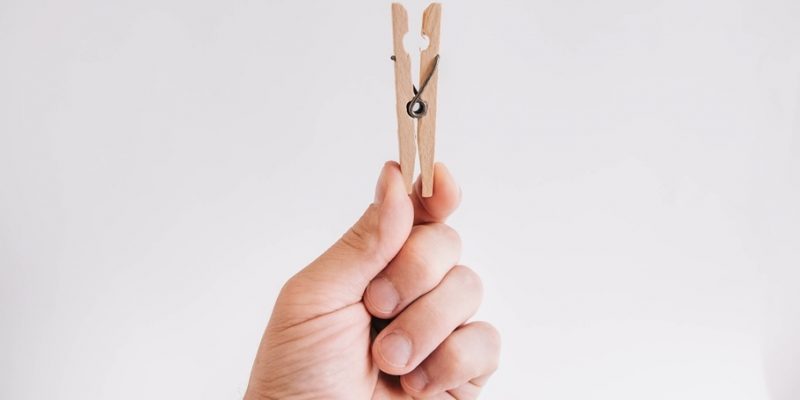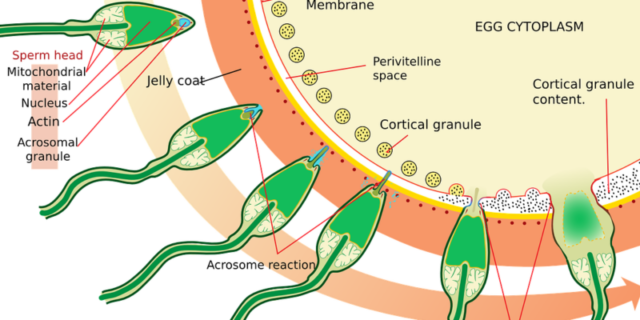
Delayed ejaculation (or impaired ejaculation) in men is a temporary or lifelong condition in which it takes a prolonged period of sexual arousal and stimulation to reach an orgasm and ejaculate semen. It can also mean that only certain types of stimulation lead to ejaculation (for instance, only masturbation, but not sexual intercourse with a partner).

Mind that there’s no specific time that specifies delayed ejaculation. In addition, it’s common for men to experience delayed ejaculation from time to time. It only becomes an issue when the delay is causing stress, distress or frustration, if one needs to stop sexual activity because of exhaustion, physical irritation, pains or loss of an erection, if one’s partner wants to stop having sex, or if it starts to obstruct one’s child wish.
Some men are entirely unable to ejaculate, which is rather called anejaculation or alternatively anorgasmia (which are different things, by the way).
The possible causes of delayed ejaculation may include certain chronic health conditions (such as diabetes or low testosterone levels), a physical blockage in the ejaculation pathway, alcohol use, age, stress and anxiety, sexual trauma, unsatisfactory sexual activity, sexual arousal disorders, surgeries (such as prostate surgery), nerve damage (such as through multiple sclerosis), guilt or shame, sexual performance anxiety, low self-esteem, and medications.
Nevertheless, delayed ejaculation can often be treated, but it depends much on the underlying causes what kind of treatment would best apply.
















